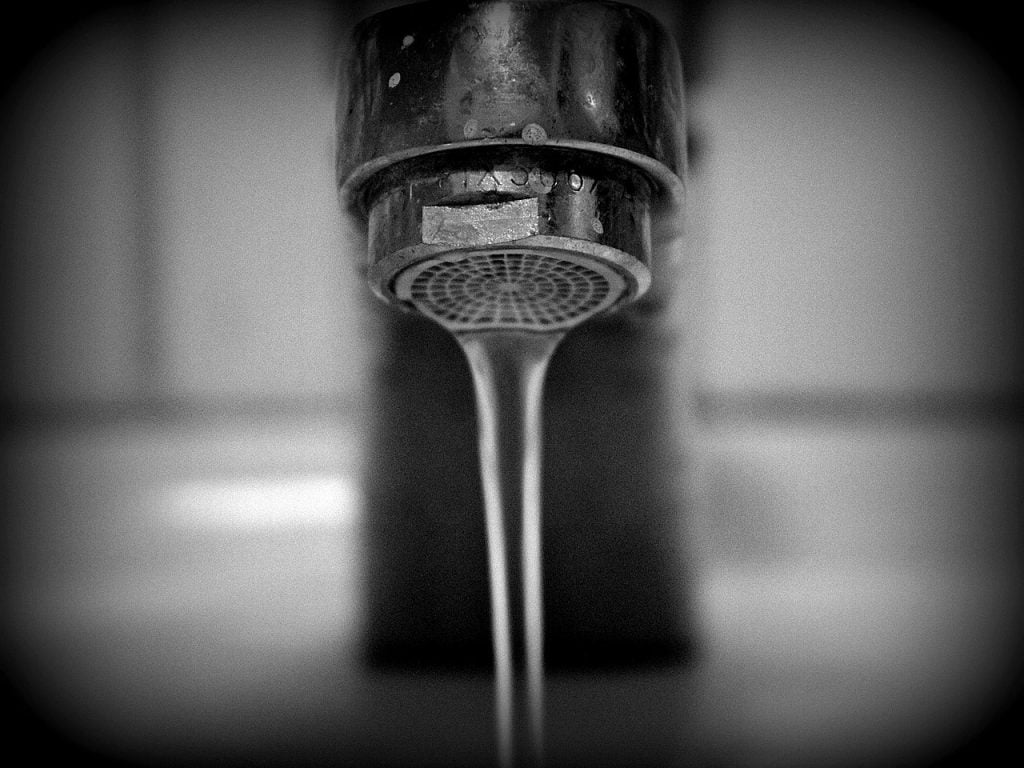
0:03 AM, 19th February 2024, About 12 months ago
Text Size
A leading Edinburgh letting agent has criticised the new safety regulations for private landlords in Scotland, calling them ‘unrealistic’.
Clan Gordon, which manages more than 650 rental properties in the city, says the latest changes to the Repairing Standard Guidance are unfair and impractical for landlords to comply with by the 1 March deadline.
The government-issued guidance sets the repair requirements for landlords in Scotland’s private rented sector, and includes new rules on lead water pipes, electrical safety equipment, food preparation spaces, fixed heating systems and common doors.
The firm is now lobbying the Scottish Government to postpone the deadline so that landlords can get clarity and guidance on the rules.
The letting agent says it supports the aim of improving safety standards in the private rented sector, but it wants the regulations to be fair and workable for all parties involved.
The firm’s managing director, Jonathan Gordon, says two of the rules – on lead water pipes and electrical safety equipment – are either unclear or have changed too late for landlords to get the work done.
He said: “The new guidance on lead pipework has two major problems. First, it was not in the original guidance when it came out in March 2023. Second, it states that water supply pipes in privately rented homes need to be free of lead from the boundary stopcock to the kitchen tap.”
He added: “This is easy to identify and change in a house, but not in a tenement building built before 1970.
“The communal main risers – the vertical pipes that allow fresh water to rise from lower to upper floors – will be made of lead. Replacing these will be a nightmare.”
Mr Gordon continued: “We think landlords, especially in older tenements, are heavily penalised by this rule. We want the rules on lead in water to be part of the Tolerable Standard, so that all owners have to comply.
“The government is trying to make landlords solve a problem that affects the whole community, but they are making it unlikely to have any impact on the lead level, as it will be almost impossible to get common agreement in most tenements.
“Our clients already struggle to get common agreement on essential shared repairs like leaking roofs or unsafe stonework, let alone an expensive improvement like this.”
Mr Gordon also questioned the testing procedures for lead in water as previous guidance asked tenants to not use their water for 30 minutes before taking a sample for testing.
But the new guidance says to follow the instructions from the testing labs, which usually recommend 12 hours with no usage.
He says: “This is impractical and unrealistic. They can’t ask everyone in a tenement block to not use their water for 12 hours.
“And if the tester used the old guidance and took a sample after 30 minutes, there is a chance it gave a false result and needs retesting.”
The new guidance also requires landlords to fit one or more RCDs in their properties to prevent electric shocks and fires. RCDs cut off the power supply fast if they sense an issue.
Mr Gordon said: “We welcome the updated guidance on RCDs, as the previous rules were unclear on them.
“But we have wasted the last six months inspecting over 600 electrical safety certificates to find out which properties lack the single RCD that the original guidance demanded.”
Previous Article
Spareroom urges reforms to tackle rental crisis